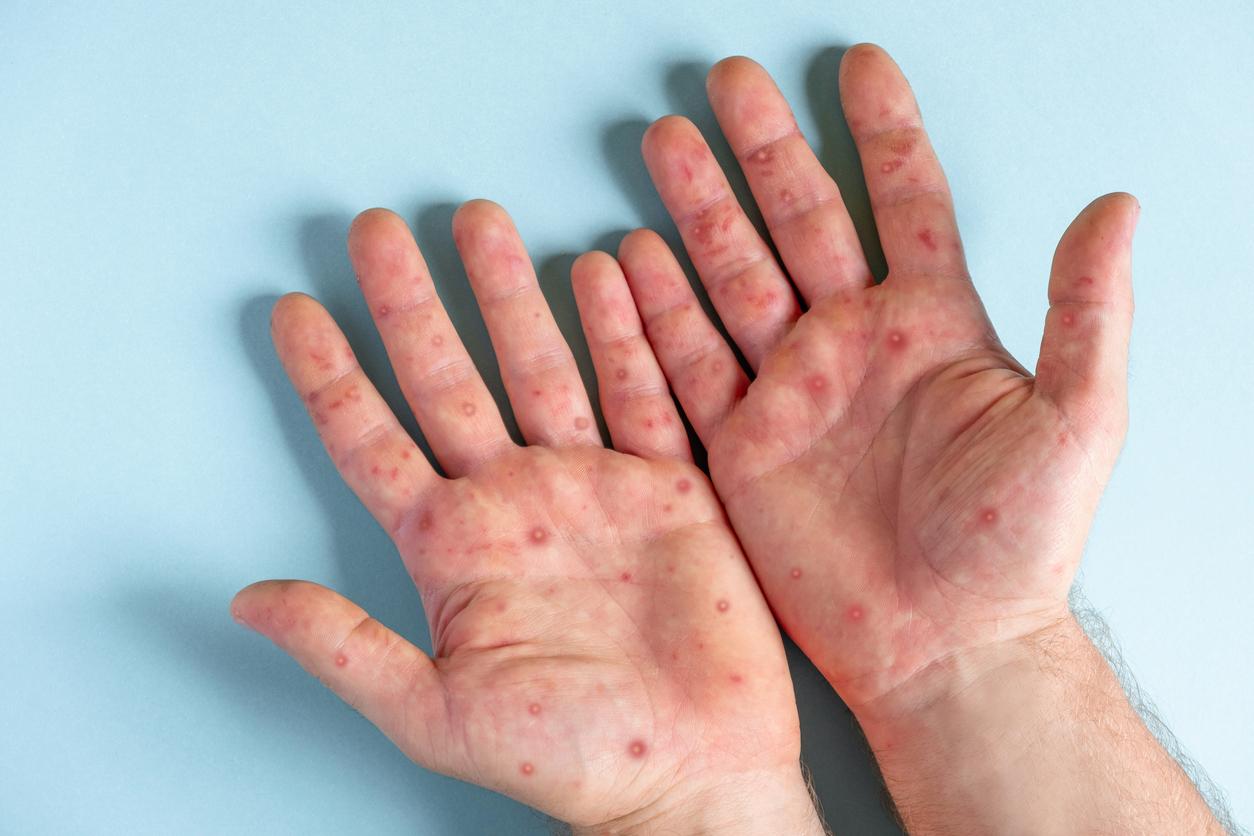The World Health Organization (WHO) maintains its highest level of alert on mpox as the number of cases and affected countries continue to rise.

- The World Health Organization (WHO) maintains its highest level of alert on the mpox epidemic.
- The reason is that the number of cases and affected countries continue to increase.
- Public health emergency of international concern is the highest level of WHO health alert.
This Friday, November 22, the World Health Organization (WHO) announced that it was maintaining its highest level of alert on the mpox epidemic. The reason is that the number of cases and affected countries continue to increase.
MPox contaminations on the rise
“This decision was taken due to the increasing number of cases and their continued geographic spread, operational challenges on the ground and the need to establish and maintain a coherent response between countries and partners.”, indicates the WHO press release. The country most affected is the Democratic Republic of Congo (DRC) then, in second and third position, Burundi and Nigeria.
“The Director-General of WHO, following the advice of the Emergency Committee of the International Health Regulations, has determined that the resurgence of mpox continues to constitute a public health emergency of international concern”, still according to the press release. Public health emergency of international concern is the highest level of WHO health alert.
The mpox virus generally affects animals. But, for several months, it has been increasingly contaminating humans, which makes this pathology an emerging zoonosis, according to the Pasteur Institute.
Mpox epidemic: two viruses in circulation
In total, 203 cases of mpox have been declared to Public Health France since January 1, 2024, according to the latest epidemiological assessment of cases of mpox in France published on November 13. However, it was only clade 2 mpox. This virus is less virulent than clade 1 and its clade 1b variant for which theWorld Health Organization (WHO) declared a public health emergency of international concern last August, cit has just been maintained by the health authority.
Clade 1, originally present in the Congo Basin in Central Africa, is more deadly and easily transmissible than clade 2. “Epidemics of clade 1 mpox have been increasing in frequency in Africa since the beginning of 2023, and the total cases in 2024 are already higher than in 2023, can we read on the website of Ministry of Health. This clade is different from that responsible for the mpox epidemic in 2022 in Europe and particularly in France (clade 2)”.
Symptoms of mpox include:
- a rash (two to four weeks);
- headaches;
- a fever;
- a asthenia ;
- muscle and back pain;
- of the lymphadenopathy (enlarged lymph nodes).
“Clade 1 virus is known to cause more severe symptoms than clade 2 virus, and even death, in populations where it is endemic.“, noted WHO.

















